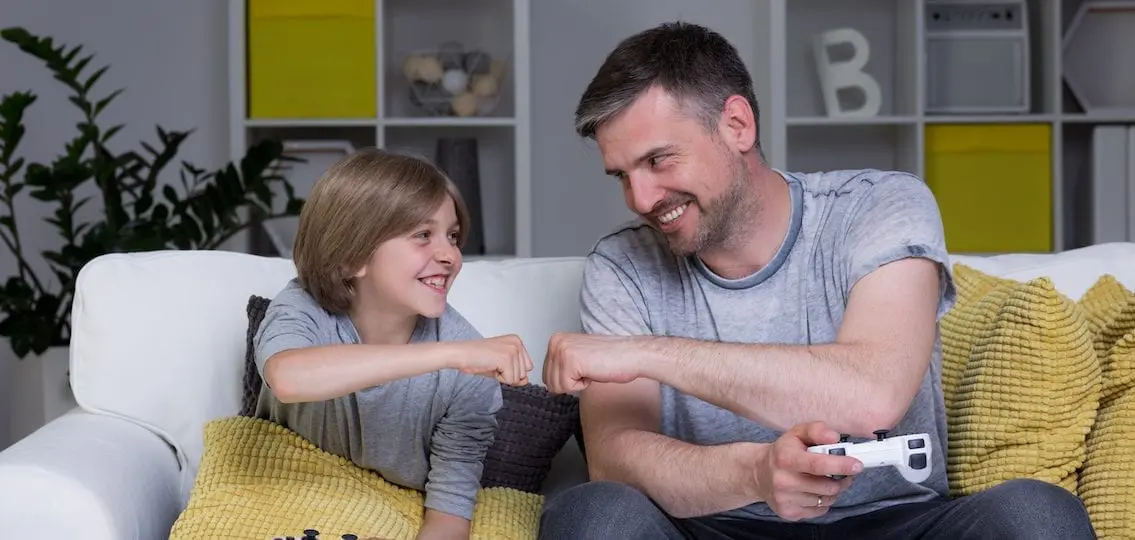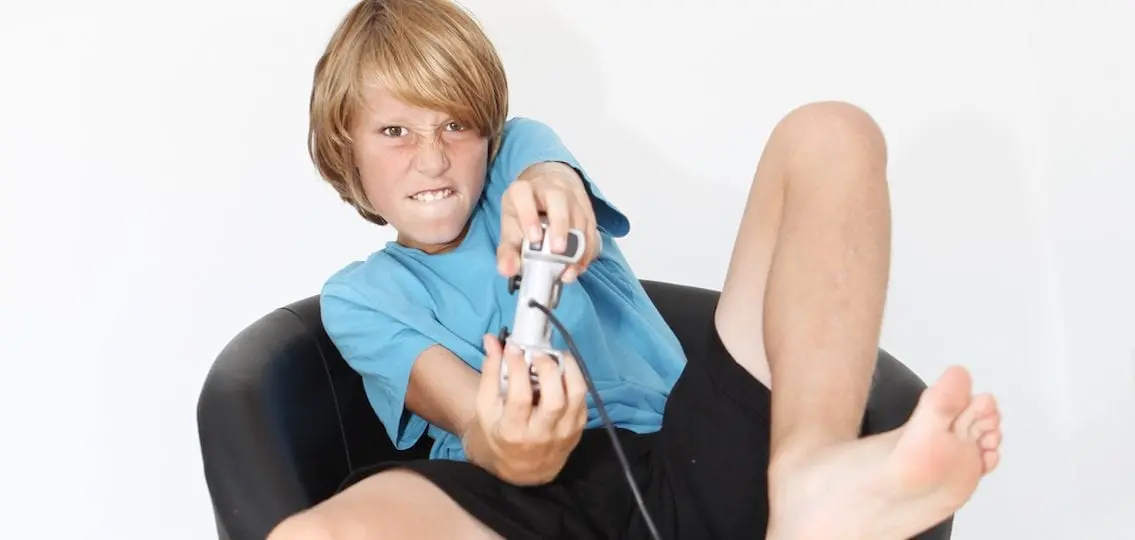What happens when a teen feels one way about a particular issue or problem and the parent has a very different take? At Your Teen, we understand that sometimes you need to look at a problem from multiple perspectives. It can also be helpful to hear from a neutral third party. That’s when we bring in a parenting expert to provide the practical advice you need to bridge the divide and help restore harmony.


I know that the game is wildly popular with tweens, teens, and even some adults, but the sheer amount of time spent on it is, I believe, mostly wasted time. Sure, one can argue the positive attributes of anything, but the addictive nature of this particular game is concerning.
When my son first started to play, we thought it would be similar to when he would play Minecraft—more than we’d like, but not obsessive. Fortnite proved to be a different animal altogether. Every moment he could, he would be playing. Because of the way the game is created, you can’t just pause it. I would be flicking the playroom lights on and off to get his attention or call him to dinner, but he “just needed to finish this game!” I was ready to throw the entire game console on the street.
We put limits in place, but, with four kids, unless I was rigorously checking his time, he didn’t monitor himself. Now, we don’t allow Fortnite during the school week (except for the rare special occasion), but on weekends it has kind of turned into a free-for-all.
He would play all day long if he could, so we are currently in the process of setting specific limits for weekends, too. Now he knows his boundaries and can be freed up to do more productive things instead of sitting on the couch for hours.
Laura Richards is a Boston-based writer and mom of four boys. She has written for The New York Times, The Washington Post, U.S. News & World Report, and many more. You can connect with her on Twitter @ModMothering.

I mostly understand and agree with the reasoning behind my restrictions. My parents are very good at knowing when something is right to do or a waste of time. The current restriction in place is absolutely no video games during the school week. This includes Fortnite. I generally agree with these specific restrictions because they help me become a strong student.
However, I just transferred schools this past year, and I have been put in less-challenging classes. I am currently ahead in a few classes, which means I have very little homework. This makes my life after school somewhat boring. This also forces me to connect with friends after school—and I am absolutely fine with this, but it hits a point after playing basketball for hours when I’d love to just sit down and play some Fortnite. This can obviously never happen with the restrictions in place.
The only thing I would like to consider changing in our screen restrictions is the opportunity to play Fortnite a little on the weeknights after all chores, homework, and dinner are done.
Harry Richards is in 8th grade and enjoys basketball, gaming, and spending time with friends.

Or better, depending on your perspective.
Fortnite’s designers have, as the Wall Street Journal put it, “cracked the code of mass-market gaming.” They’ve combined arguably addictive elements, like unpredictable but somewhat controllable outcomes and a truly social element of play, to create an experience that’s unlike any other. Still, it’s just another form of entertainment.
That doesn’t mean it’s any easier to be a parent of a child caught in the grip of the fad, but it does mean that your parental job here is no different than it is with other media consumption. The goal isn’t to succeed in moderating your teen’s use through rules. It’s to help them learn to moderate themselves.
That means pushing your teenager to take an honest look at the time spent (my son has to clock in and out of the game with me) and starting a discussion about how he feels about that time. It means talking about why random rewards make the game so appealing (think about how you check for likes on Instagram). And it means stepping back to let your teen try (and probably fail) to moderate themselves now, while it’s easy to put limits back in place—not as a college freshman.

It’s reassuring to remember that tech use is a national conversation—one that our teens are having with their teachers, coaches, pediatricians, and peers, as well as with us. As a generation, they’re going to have to determine how tech fits into their lives, and it’s going to take some time.
KJ Dell’Antonia is the author of How to Be a Happier Parent, the former editor of the New York Times’ Motherlode blog and the co-host of the #AmWriting podcast. Find more at kjdellantonia.com.



